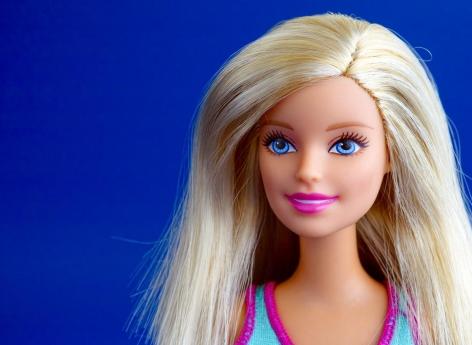On average, in Western countries male life expectancy is 5 years shorter than that of women. Why such a difference ? This is the question posed by Diana Sanchez, professor of psychology at the University of New Jersey (United States), convinced that physiological differences alone cannot explain such a difference. The results of his study have just been published in the journal Preventive medicine.
For this study, she asked 250 participants to complete an online questionnaire to assess their opinion about manhood and the “attributes” specific to men or women. The questionnaire also included questions about their relationship with the doctor.
The results show that men who were more traditional about manhood (bravery, courage) were also the least likely to report their health problems. And that they postponed visits to the doctor.
They don’t show signs of weakness in the face of another man
She then offered the same questionnaire to 250 students recruited from her university, who were then asked about their state of health by medical students. The higher the score obtained on masculinity, the more they tended to look to a man rather than a woman and the less they tended to speak out about their symptoms or their state of health.
“They don’t want to show any sign of weakness in front of another man” explains Diana Sanchez. “Men are given a sort of ‘cultural script’ that tells them to be brave, self-reliant and manly. Women, on the other hand, don’t have this ‘script.’ They aren’t told to be a real one. woman, they do not have to report their illnesses or symptoms. This is probably what partly explains the difference in life expectancy “.
Read also :
Men too “macho” to take anti-diabetes treatment
Having a macho partner makes you sexist


















